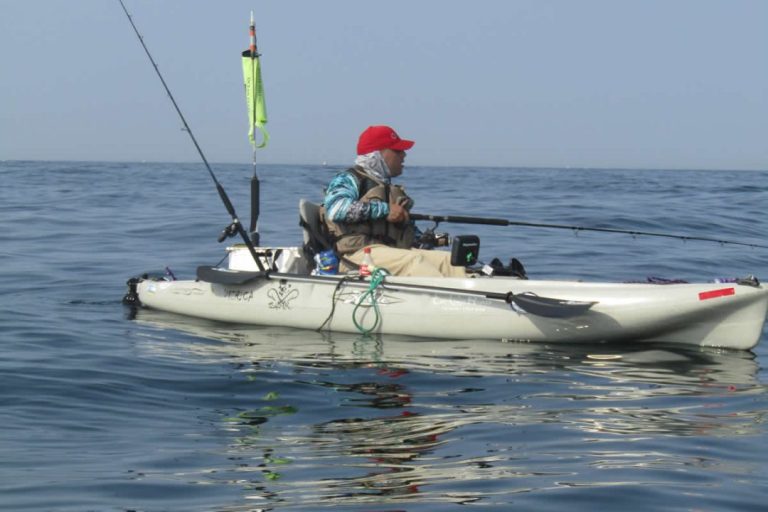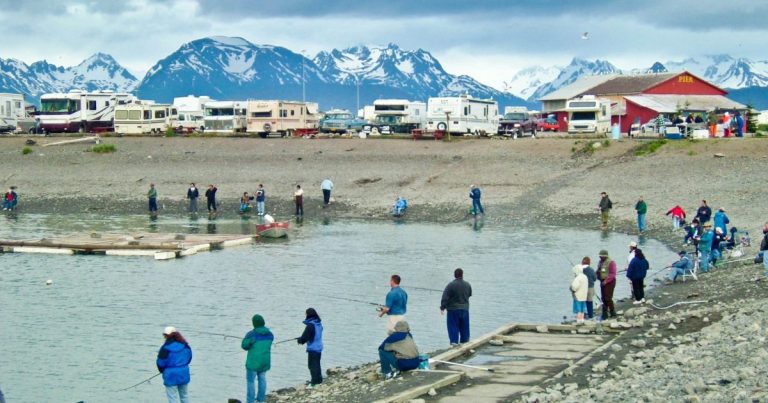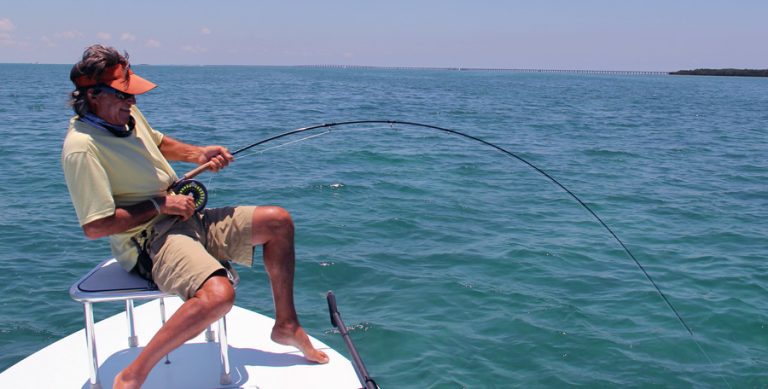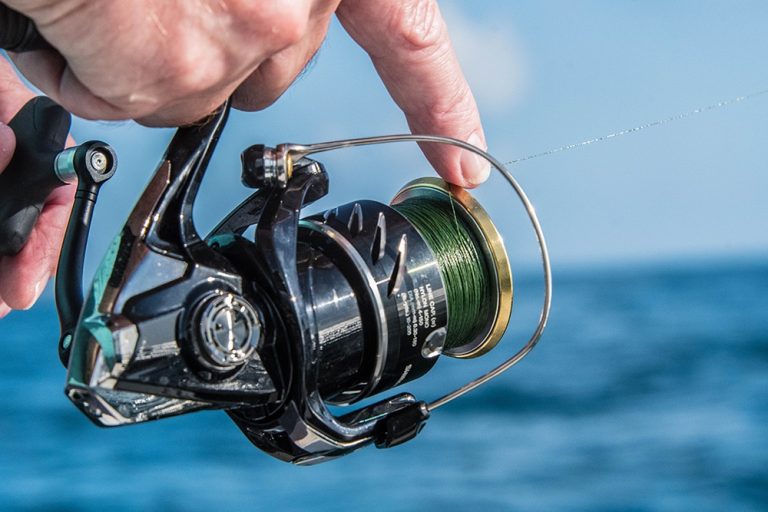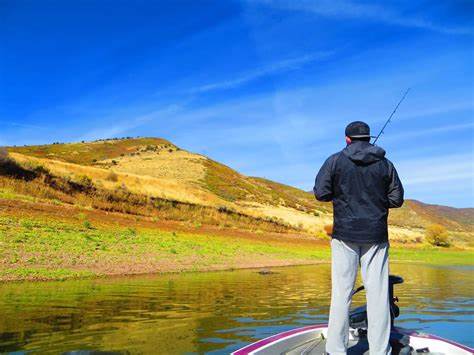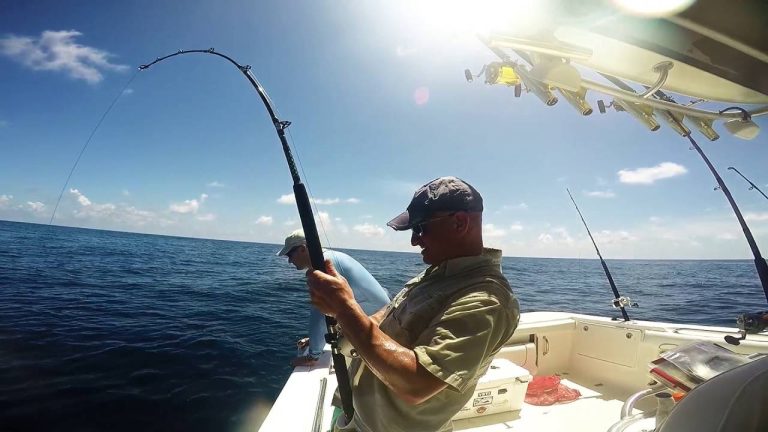Urban fishing programs represent a strategic response to America’s changing demographics and recreational patterns. These specialized initiatives bring quality fishing opportunities directly to metropolitan areas, making the sport more accessible for time-constrained city dwellers. With nearly 80% of Americans now living in urban environments, these programs serve as critical gateways to recreational fishing while supporting conservation efforts and environmental awareness.
This comprehensive guide examines everything you need to know about accessing, enjoying, and navigating the licensing requirements for urban fishing programs across the United States.
What Are Urban Fishing Programs?
Urban fishing programs are specialized initiatives that create and maintain fishing opportunities in metropolitan areas. These programs typically feature:
- Regular stocking of fish species like catfish, trout, and hybrid striped bass
- Locations accessible by public transportation or short drives
- Facilities designed for family-friendly use
- Simplified regulations for beginner anglers
- Educational resources and sometimes equipment loans
First established in the early 1980s and expanded significantly in the 1990s, these programs were initially designed to reach underrepresented groups but have evolved to serve all urban residents seeking convenient outdoor recreation.
As the U.S. Fish and Wildlife Service data shows, fishing participation has declined as urbanization has increased. Urban fishing programs directly address this trend by bringing fishing opportunities closer to where most Americans live.
Urban Fishing License Requirements
One of the most common questions about urban fishing involves licensing requirements, which can differ significantly from standard state fishing licenses. Many states have developed specialized urban fishing licenses that:
- Cost less than standard state licenses
- Apply only to designated urban fishing waters
- Support the maintenance and stocking of urban fisheries
State-Specific Urban License Information
| State | Urban License Program | Adult Resident Cost | Special Features | Purchase Link |
|---|---|---|---|---|
| Arizona | Urban Fishing License | Lower cost than standard license | Valid only for designated Urban Program waters | AZ Game & Fish |
| California | Fishing in the City | Standard license required; youth under 16 exempt | Free fishing days available | CA Wildlife |
| Kansas | Urban Fishing Program | $27.50 resident/$52.50 non-resident | Covers 85+ urban lakes | KS Outdoors |
| Missouri | Urban Fishing Program | Standard license with trout permit for winter program | 50+ years of program history | MO Conservation |
Most urban fishing licenses can be purchased online through state wildlife agencies or through US Fishing Licenses, which offers a convenient way to find and purchase the correct license for your location.
Finding Urban Fishing Locations
Urban fishing programs are specifically designed with accessibility in mind. When selecting locations for these programs, wildlife agencies consider several critical factors:
- Proximity to population centers and accessibility via public transportation
- Water quality and the lake’s ability to sustain year-round fisheries
- Community support and local partnerships
- Facilities that accommodate families and beginners
Resources For Finding Urban Fishing Spots
Most state wildlife agencies maintain detailed maps and listings of urban fishing locations. For example:
- California’s Fishing in the City program lists locations in the Sacramento area, San Francisco Bay Area, Los Angeles/Orange County, Eastern Sierra, and Inland Empire
- Kansas maintains a list of over 85 stocked lakes across 19 counties
- The Connecticut Enhanced Shore Fishing Program identifies 44 accessible shoreline fishing locations with reduced size limits
You can find comprehensive state-by-state urban fishing location information through the US Fishing Licenses state guides or by contacting your local parks department.
Popular Urban Fishing Programs By State
Several states have developed exemplary urban fishing programs that serve as models nationwide:
California’s Fishing in the City
Established in 1993, California’s program emphasizes accessibility for metropolitan residents. The program focuses on:
- Carefully selected water bodies that meet strict criteria for accessibility and water quality
- Regular stocking of rainbow trout and catfish
- License exemptions for anglers 15 and younger
- Free fishing days for all anglers regardless of age
Kansas Urban Fishing Program
Kansas maintains one of the nation’s most extensive urban programs, featuring:
- Over 85 lakes stocked as often as every two weeks from April through September
- Focus on channel catfish (150,000+ stocked annually), hybrid sunfish, and wipers
- Coverage for all metropolitan areas with populations over 40,000
Connecticut’s Enhanced Opportunity Shore Fishing Program
This innovative program demonstrates how urban fishing initiatives can adapt to coastal environments:
- Reduced minimum size limits at 41 designated shore fishing locations
- Summer flounder (17 inches vs standard 19.5) and scup (9.5 inches vs standard 10.5)
- Multi-lingual signage and resources
- Locations across 18 different communities from Stonington to Westport
Benefits of Urban Fishing Programs
Urban fishing programs deliver multiple advantages beyond simple recreation:
Accessibility For Time-Constrained City Dwellers
Research shows that lack of free time is the primary reason urban residents don’t fish more frequently or stop altogether. Urban programs address this by providing:
- Fishing opportunities close to home
- Locations designed for shorter visits
- Reduced travel time compared to rural fishing destinations
Environmental Education and Conservation Awareness
These programs serve as powerful educational tools that:
- Connect urban residents with natural resources within their communities
- Build support for broader conservation efforts
- Raise awareness about water quality and environmental stewardship
According to research, participation in outdoor activities like fishing increases environmental awareness and support for conservation initiatives. This makes urban fishing programs valuable for both recreational and educational purposes.
Community Building and Economic Benefits
Urban fishing programs:
- Create gathering spaces for diverse community members
- Offer affordable outdoor recreation options
- Generate economic activity through licensing, equipment sales, and related spending
Urban Fishing Regulations and Guidelines
Urban fishing waters typically feature regulations designed to maximize participation while maintaining sustainable fisheries:
Common Urban Fishing Regulations
- Special bag limits: Often adjusted based on stocking frequency
- Size restrictions: May be reduced compared to standard waters (as seen in Connecticut’s program)
- Gear restrictions: Usually limited to basic equipment to level the playing field
- Seasonal considerations: Many programs stock different species seasonally (e.g., trout in winter, catfish in summer)
These regulations are typically posted at fishing locations and available through state wildlife agency websites. For state-specific regulations, visit US Fishing Licenses regulations guides.
Tips for Successful Urban Fishing
To maximize your urban fishing experience:
Best Times and Techniques
- Fish shortly after stocking events when catch rates are highest
- Morning and evening hours typically yield better results
- Simple bait options like worms or commercially prepared baits work well for stocked catfish
- Light tackle with basic weights and hooks is usually sufficient
Equipment Recommendations for Urban Anglers
- Medium-light spinning rods (6-7 feet) offer versatility for most urban scenarios
- Basic tackle kit with various hook sizes, split shots, and bobbers
- Collapsible rods for those using public transportation
- Small tackle box or bag for easy transport
Do I need a special license for urban fishing?
Some states offer specific urban fishing licenses that cost less than standard licenses but are only valid in designated urban waters. Others require standard fishing licenses. Check your state’s requirements through US Fishing Licenses.
Are urban fishing waters safe for catching and eating fish?
Urban waters in official programs are monitored for water quality and safety. Program administrators specifically select waters that meet health standards for fish consumption.
How often are urban waters stocked with fish?
Stocking frequency varies by program. Some waters are stocked biweekly, while others follow monthly schedules. Research shows that both biweekly and monthly stocking frequencies produce similar angler satisfaction levels.
Can I fish in urban waters if I’ve never fished before?
Absolutely! Urban fishing programs are specifically designed to accommodate beginners. Many offer loaner equipment, educational materials, and regularly stocked waters to increase success rates.
Making Urban Fishing Sustainable
As urban fishing programs grow in popularity, sustainability concerns have emerged. Research from Hamburg, Germany, and other urban centers highlights the importance of:
- Adaptive management practices that respond to changing environmental conditions
- Education of anglers about sustainable practices
- Protection measures for native species and habitats
Successful urban fishing programs balance recreational opportunities with conservation goals, ensuring these valuable resources remain available for future generations.
Conclusion
Urban fishing programs represent one of the most successful strategies for connecting city dwellers with recreational fishing opportunities and the natural world. By providing accessible, well-maintained fishing locations in metropolitan areas, these programs help maintain the tradition of recreational fishing while adapting to changing demographics and lifestyles.
Whether you’re a lifelong angler looking for convenient fishing options or a complete beginner interested in trying the sport, urban fishing programs offer an excellent gateway to the world of recreational fishing. Check your state wildlife agency website or visit US Fishing Licenses to find urban fishing opportunities near you.



